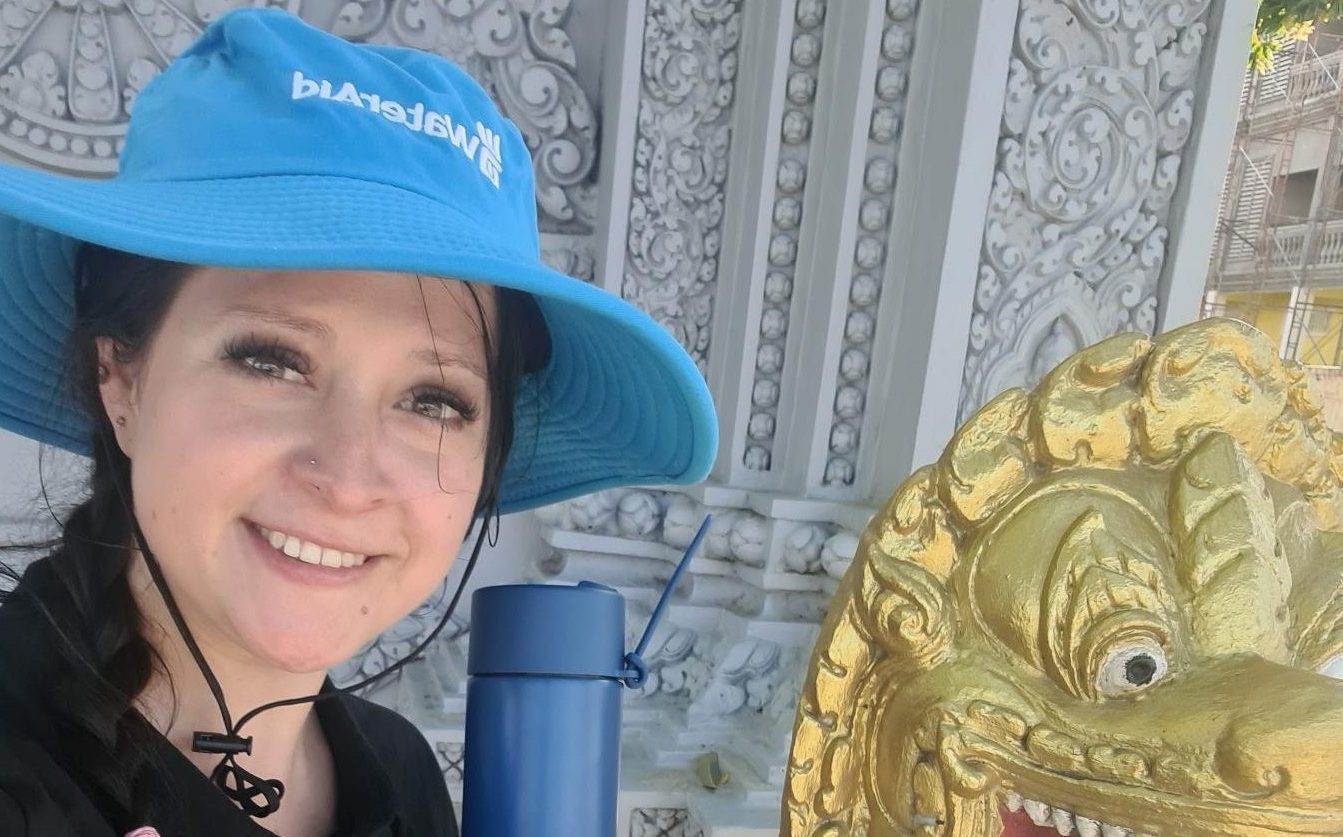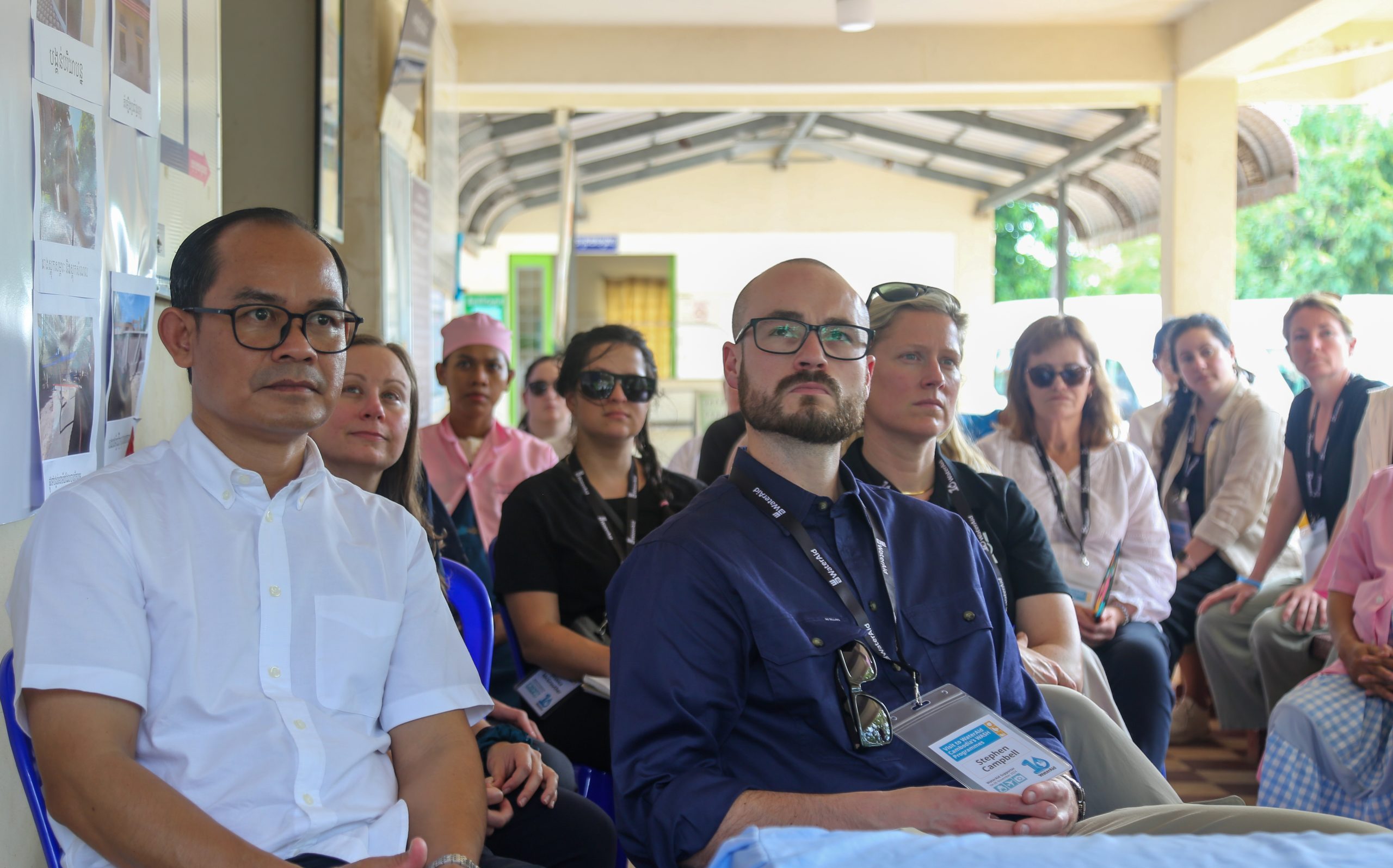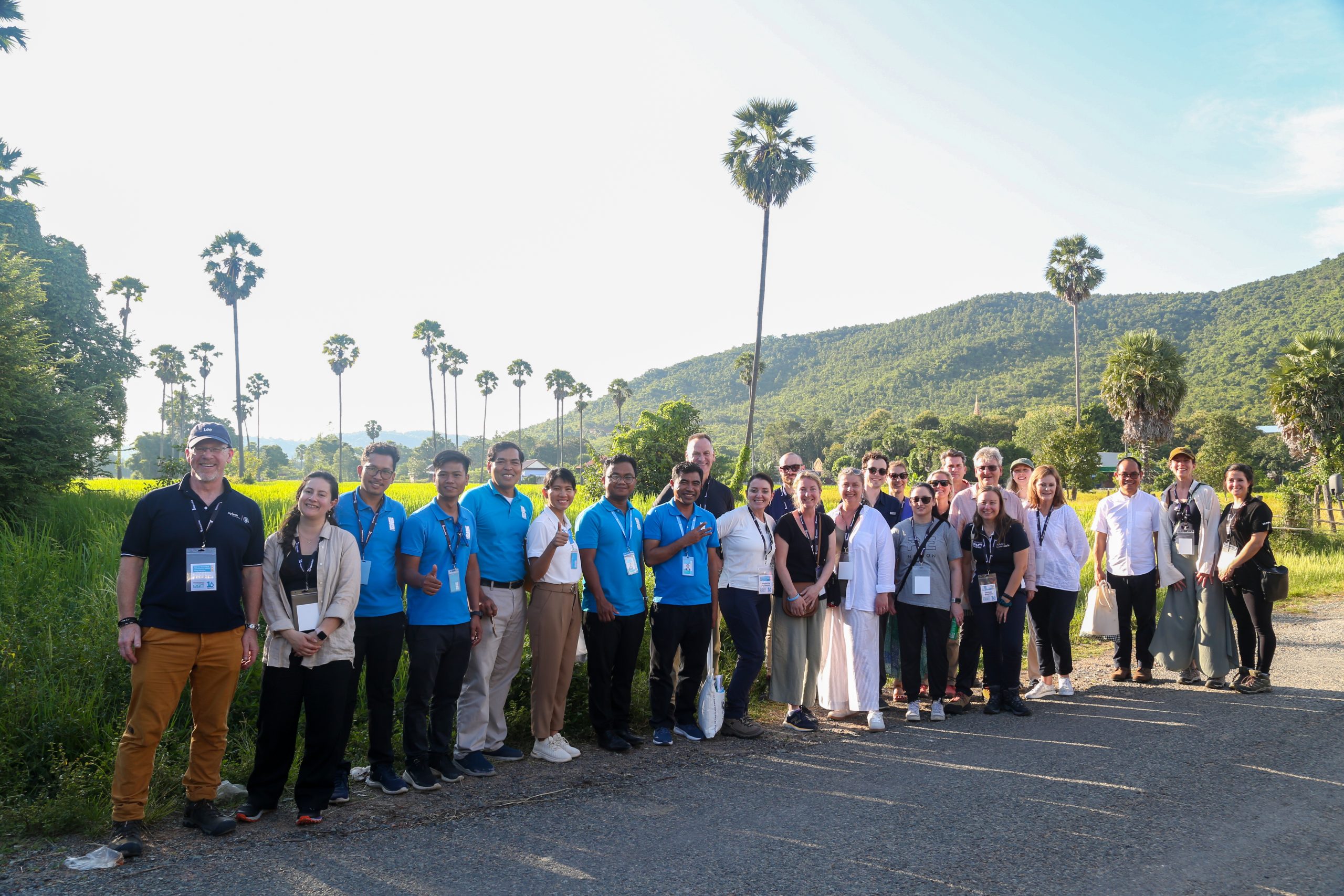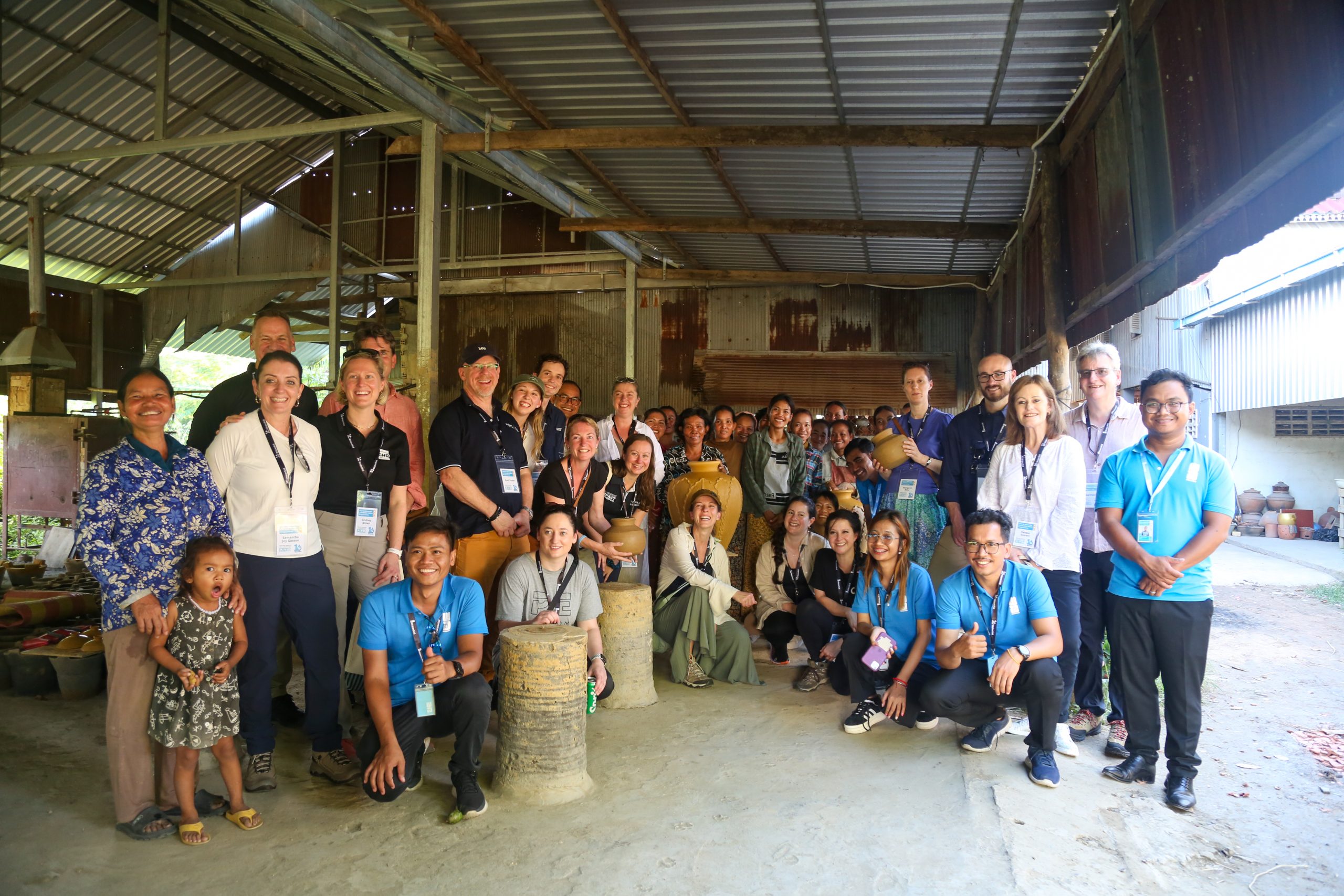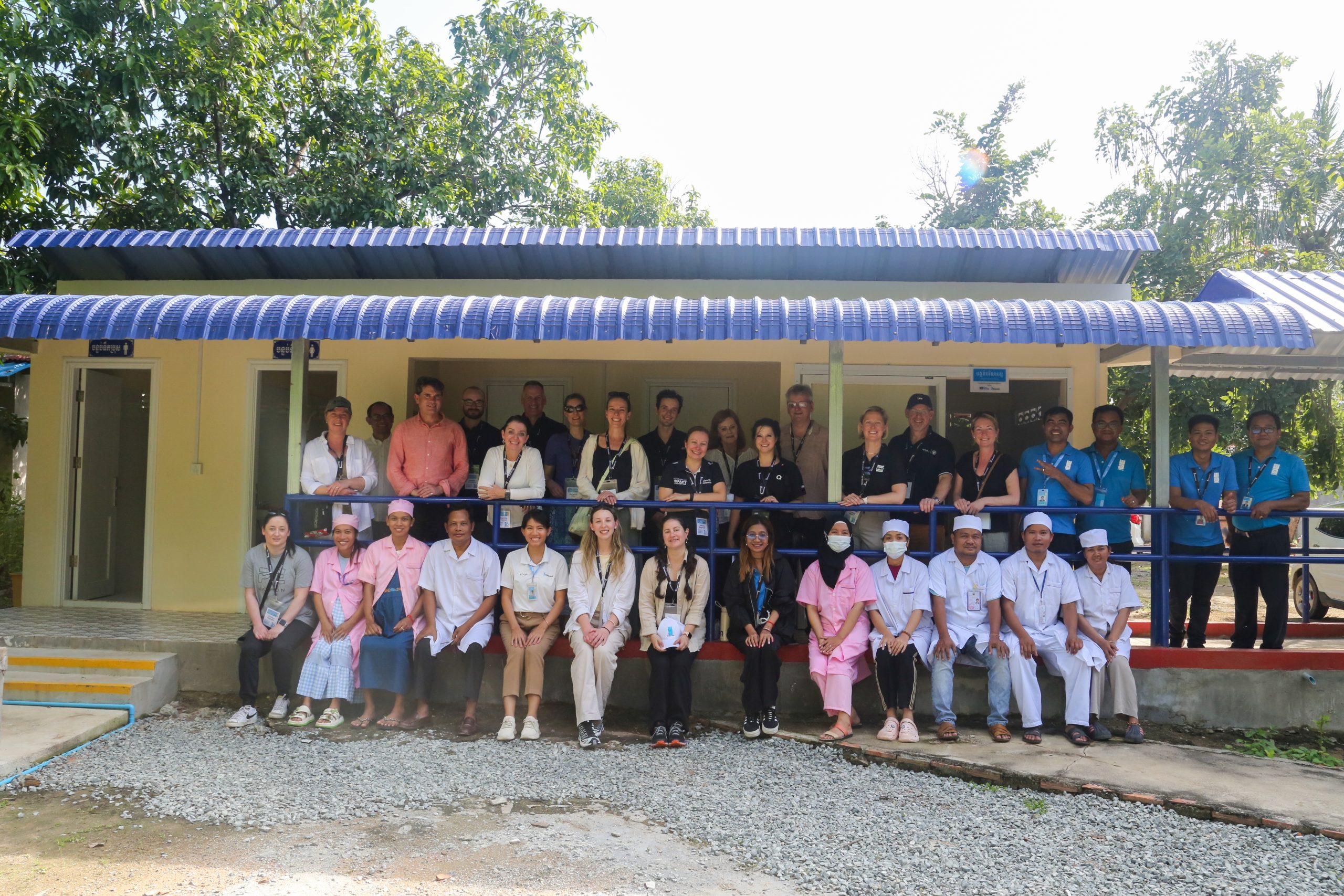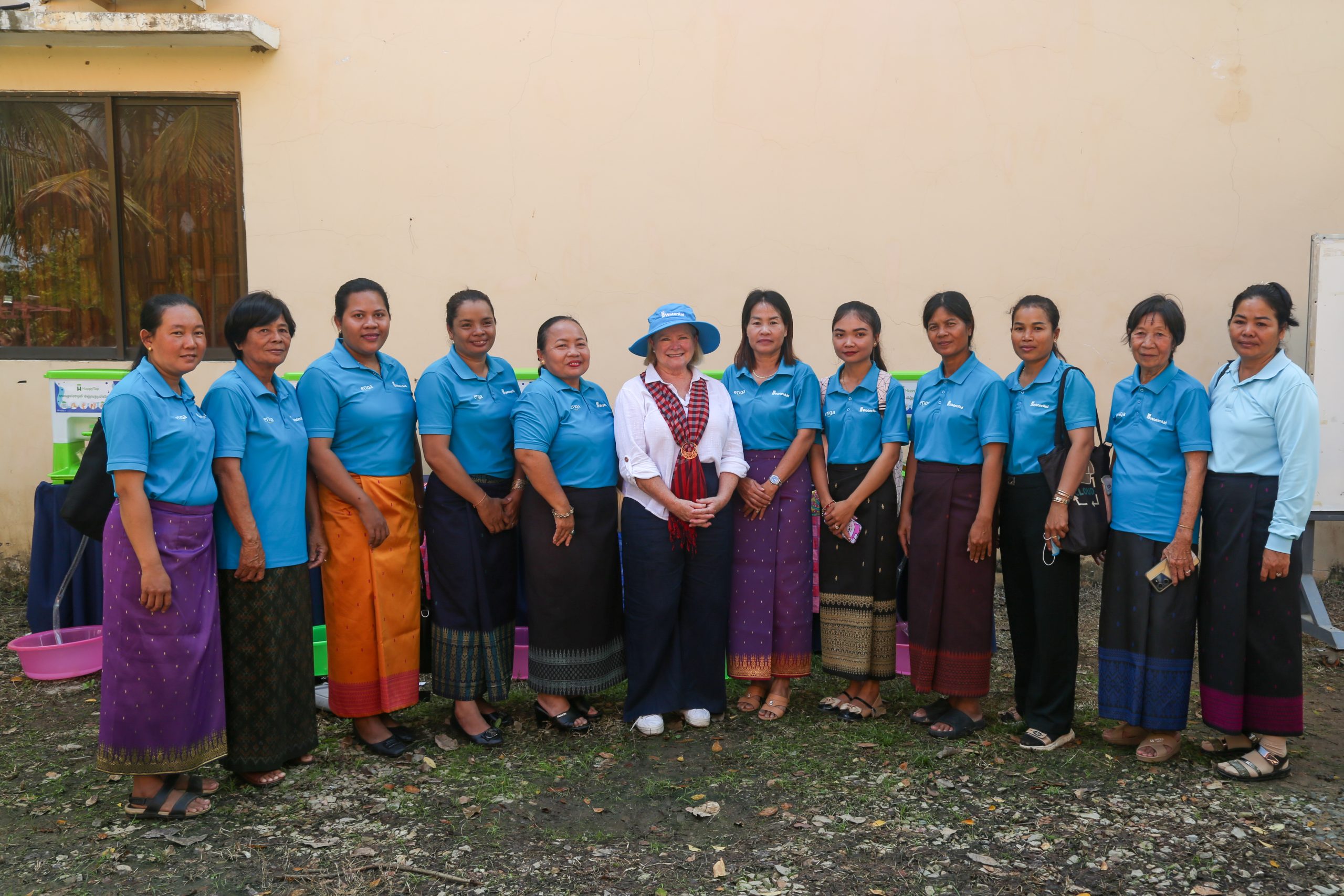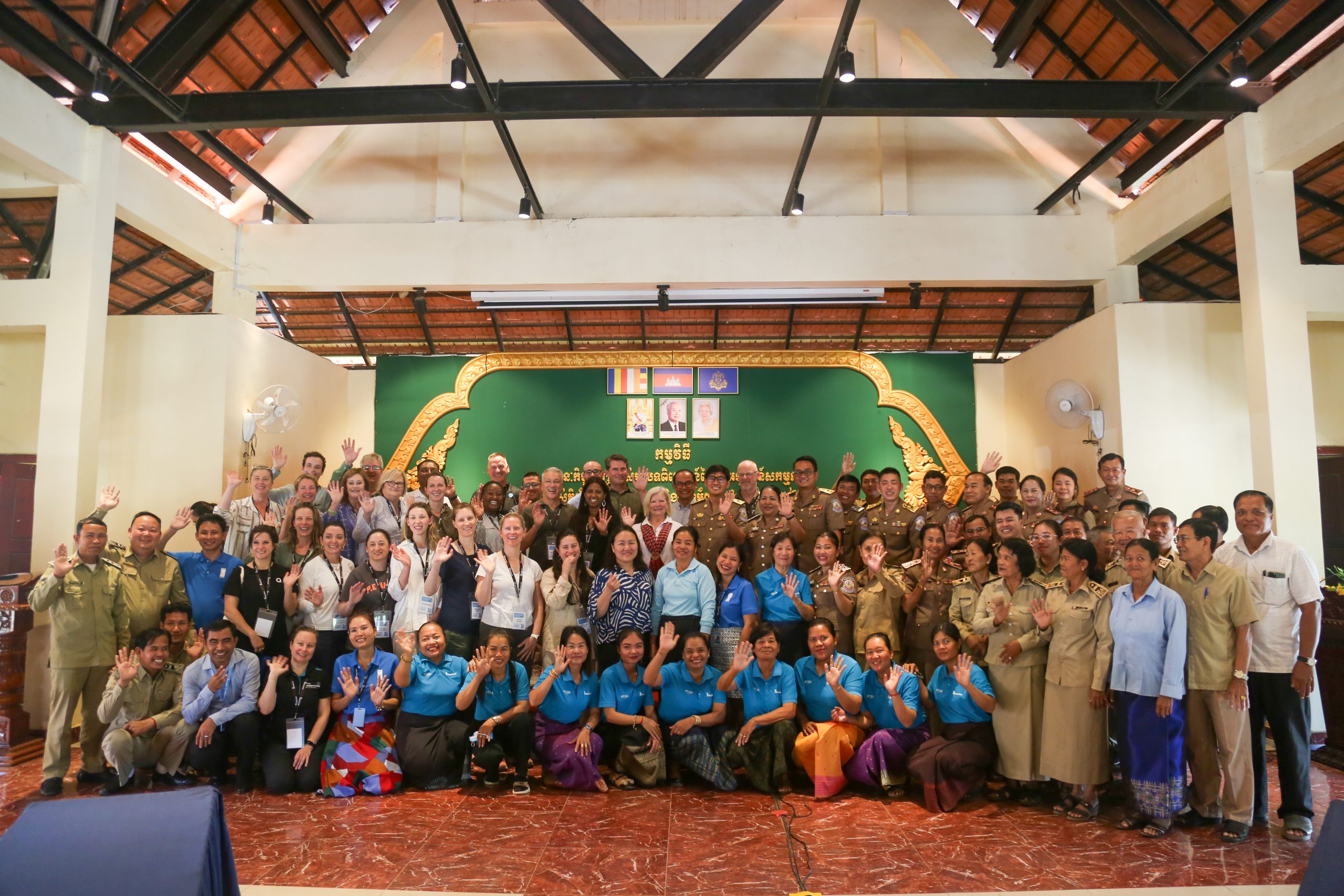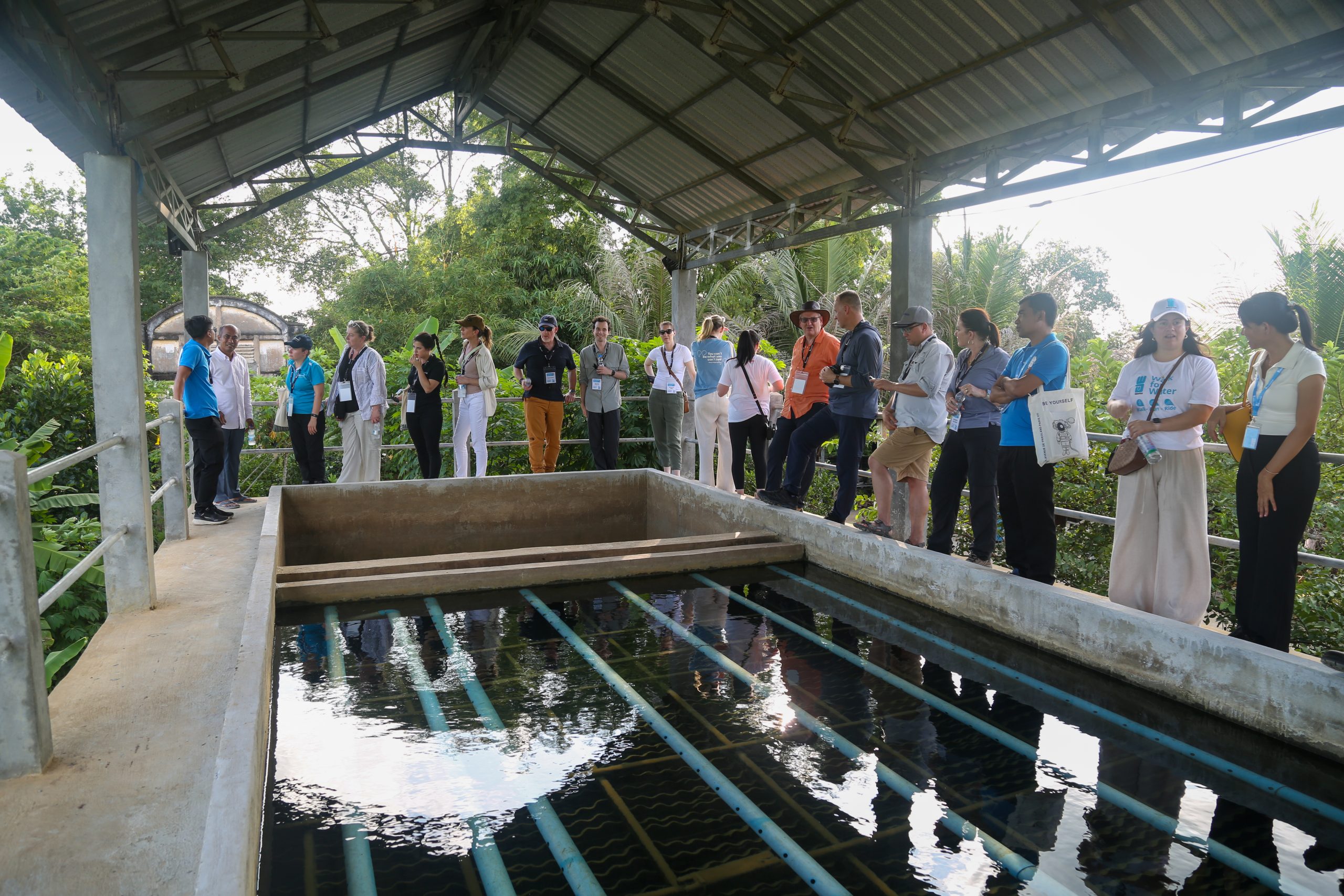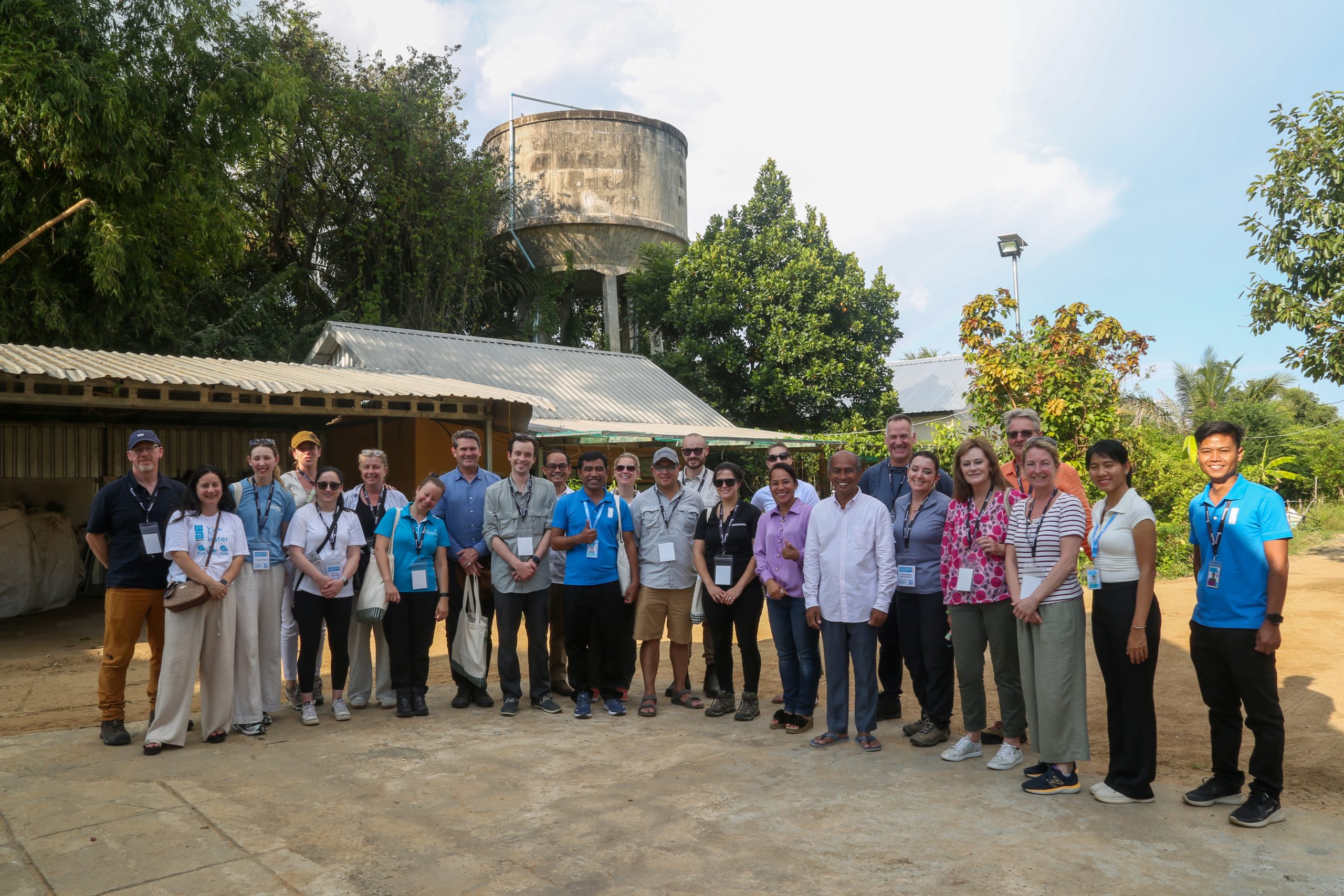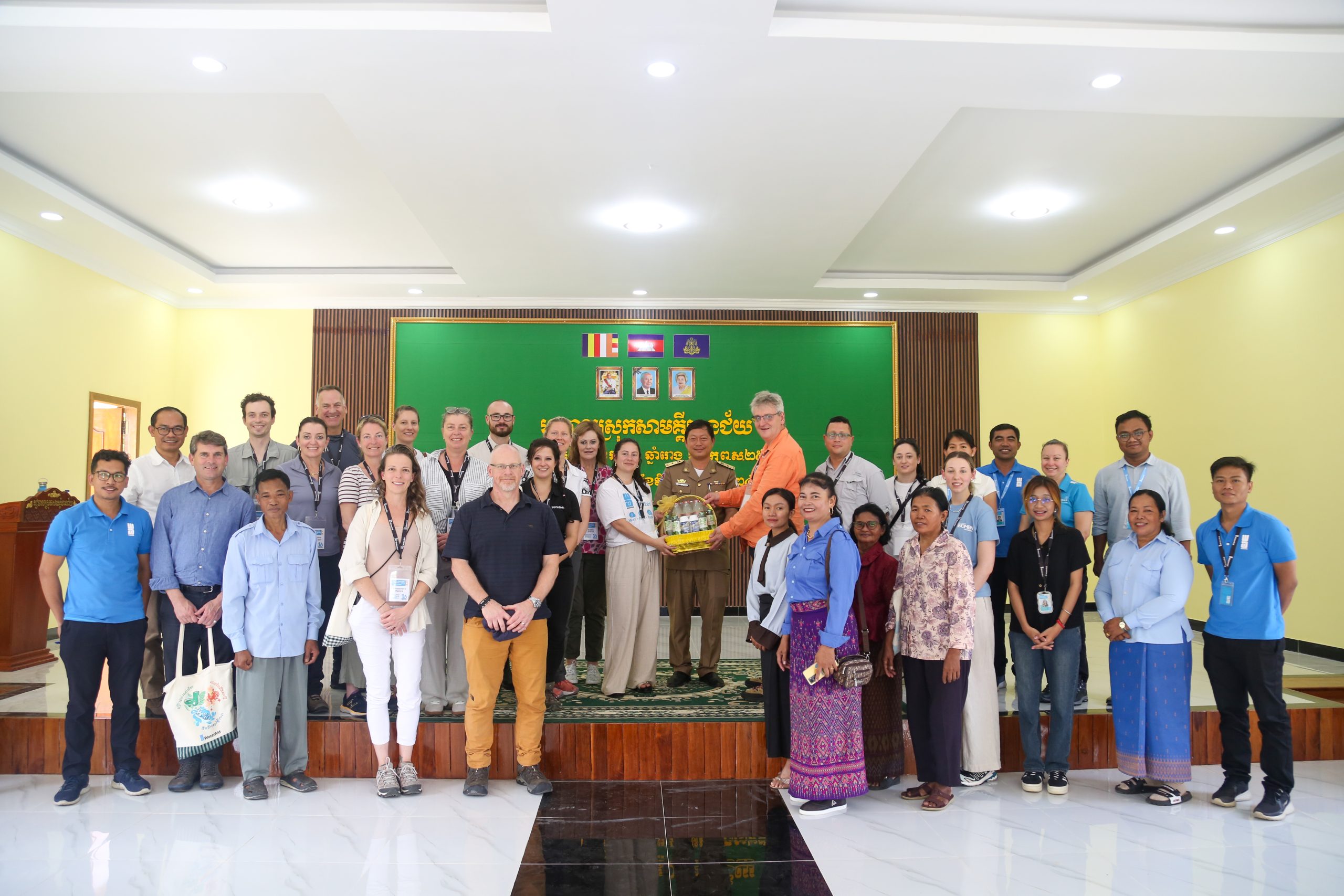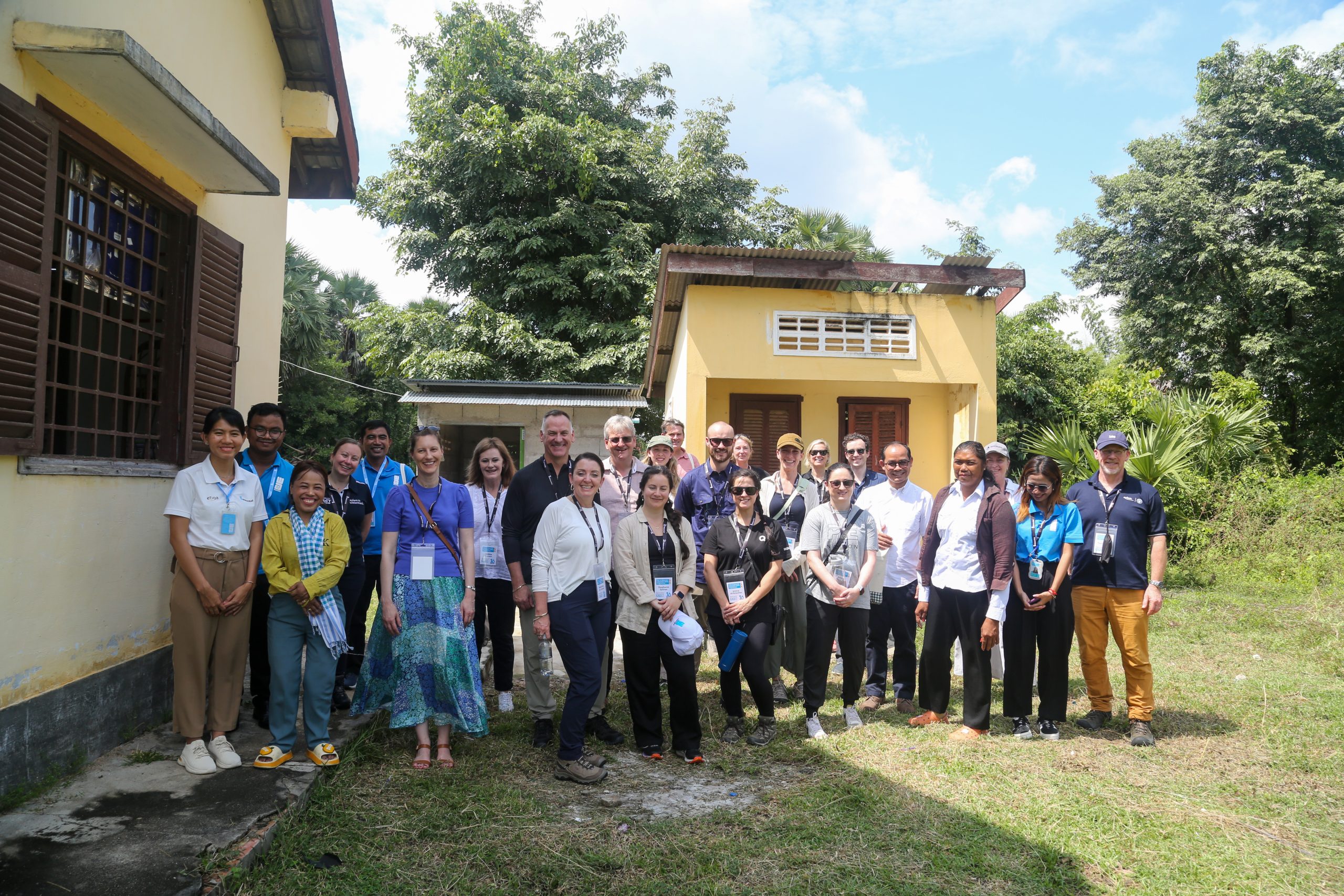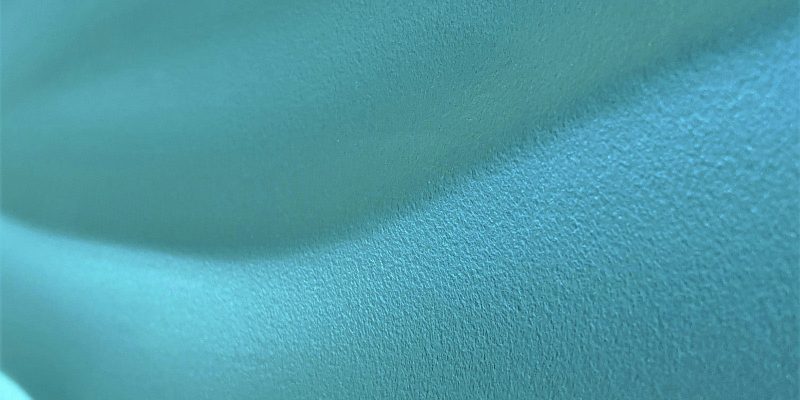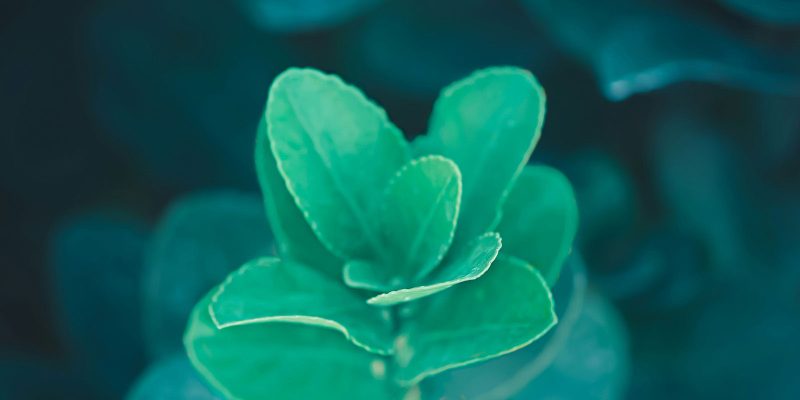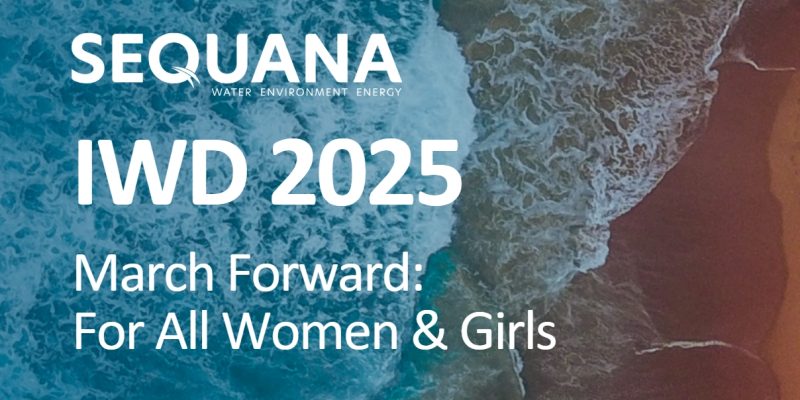Senior Project Managers Jess McGrouther and Stephen Campbell represented Sequana on the recent WaterAid Supporter Trip to Cambodia. Between the 4th to 8th of November 2024, the trip included visits to several impoverished districts across the country to see firsthand the benefits that WaterAid’s WASH programs (Water, Sanitation and Hygiene) have been offering local communities in need.
The trip provided the opportunity to become more deeply connected with the work WaterAid Cambodia is doing and connect our team with grassroots organisations, healthcare facilities, piped water operators and local district government.
The experience was life-changing for Jess and Stephen, and they shared some insights into what they saw and just how important WaterAid’s work is to people in developing rural locations across the country.
Despite being a growing tourism industry, Cambodia remains one of the poorest nations in Southeast Asia. While the country boasts large natural water resources, it is under increasing pressure due to climate change, industry and regional development. More than 50 per cent of people in Cambodia do not have access to a decent toilet, and the lack of adequate drinking water, sanitation, hygiene (WASH), waste management, and environmental cleanliness in Cambodian healthcare facilities is a key driver of healthcare-associated infections.
WaterAid Cambodia, with the support of WaterAid Australia, has been collaborating with local organisations and communities to implement its WASH program since 2014.
Over a jam-packed three days, Jess, Stephen and their industry colleagues were transported to rural areas and witnessed a series of WASH initiatives improving the quality of life through innovative water-related programs. One of which was in the Kampong Tralach District in Kampong Chhnang Province, where they met with volunteers from the OPD (Organisation of People with Disability) implementing the WASH program with a focus on inclusivity for people with disability. Among a series of efforts, the OPD seeks to expand access to clean and suitable toilets for all households. As nearly 45% of the community serviced by that OPD suffers from a disability, WaterAid’s assistance in generating a solution that enables those suffering from a disability to have access to sanitation and hygiene is vital. Promoting a prototype twin pit toilet (designed with assistance from WaterAid), they face specific challenges such as under-sized land and high costs due to the lack of sewerage connections.

Prototype twin pit toilet
Jess was moved by a presentation given by a disabled OPD volunteer: “I think I can safely say the entire group could feel her challenges and how hard this was to overcome, and how important WaterAid is to her in ensuring that others do not suffer as she has. We understood all of this before the story was even translated into English; it was truly amazing.”
WaterAid’s work at the OPD extends to raising awareness and increasing access to skilled people. With 163 districts across Cambodia, the aim is to replicate the work at this OPD in the other 77 OPDs districts in the country.
Pictures courtesy of WaterAid Australia.
Our Sequana representatives also visited a rural health centre in the same district, which focuses on services for pregnant women and childbirth. In Cambodia’s rural communities, it is not uncommon for pregnant women to receive little, or no skilled care while pregnant or when delivering their babies. The health centre also provides services to heart and HIV patients, as well as vaccination and post-natal care. WaterAid provides funding for maintenance, as well as implementing a ‘Clean Hand Zone’, with hand sanitiser available at multiple points throughout the centre, among other programs focused on hygiene. There is a lack of training among health care workers especially related to hand hygiene, which is intrinsically linked to mother and infant health and which has helped decrease mortality. With midwives doing 28-hour shifts, the centre is understaffed and does not offer surgical procedures, requiring patients to travel two hours to Penh City. Stephen could not help thinking about “how we take things for granted in Australia”.
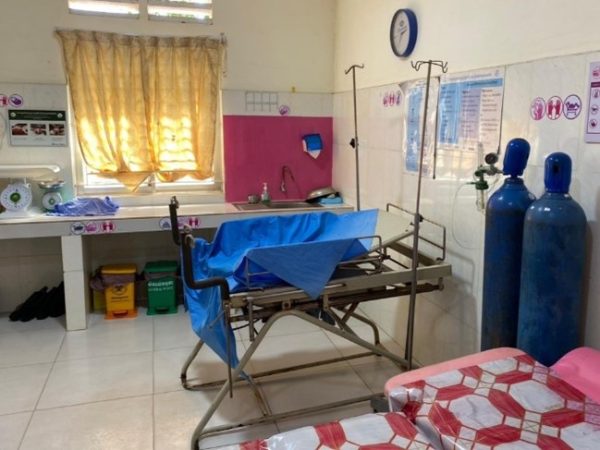
Health centre, focussed on childbirth
To lift spirits and experience Cambodia’s unique culture, Jess and Stephen, along with other supporter participants and WaterAid Australia, visited a pottery studio to see women throwing clay in a skill passed down through generations. While the visitors did their best, the pieces produced by these women are spectacular and are key to the growing tourism trade in the country.
Another arts-and-craft experience involved building a handwashing bucket using a series of local bits and bobs in the Sameakki Mean Chey district. These buckets are cost-effective and popular among locals for transporting clean water where there are no pipelines. Our adventurers were joined by government officials and civic champions promoting WASH in this area. Efforts include educational visits for school kids to see the water treatment process and promoting toilets as a way to reduce wastewater pollution, thus improving the quality of life in the region. After posting open defecation rates as high as 48% in 2018, this particular district, under WaterAid’s partnership, has finally achieved Open Defecation Free (ODF). This was a celebrated achievement in the district, with the district governor grateful for the collaboration with WaterAid to implement such change in such a short time.
Pictures courtesy of WaterAid Australia.
For Stephen, the visit to a pipe water operator business, constructed via funding from the Australian Government, was a highlight. “Seeing everyday people who live in that kind of setting taking the initiative to help their community was quite inspiring. Plus, a lot of the work we do at Sequana is on behalf of water corporations so I could draw a lot of similarities from that perspective.” So far, the system consists of 60 km of pipeline in the ground, supplying 12 villages with water taken from an adjacent river and treated prior to consumption. Some of these pipelines were constructed through minefields, and children now no longer need to walk kilometres each day just for water.
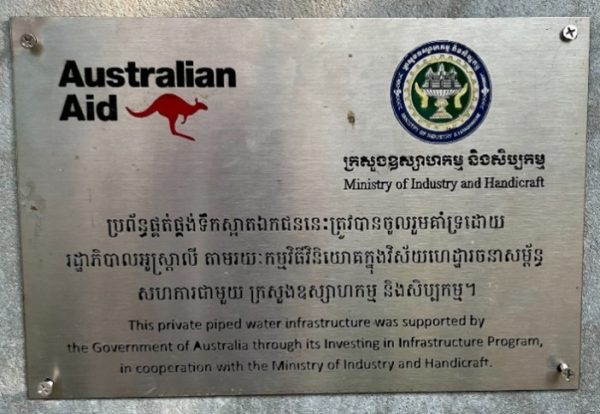
Australia funded pipelines in Cambodia
In the Khsach Kandal District in the Kandal Province, Jess and Stephen were joined by WaterAid’s board members, and several government officials to a presentation by the district to present its WASH statistic achievements under the partnership with WaterAid Australia.
Some of the highlights include efforts to foster WASH women’s leadership and WASH family champions. With this partnership, around 100 households now have water pipe connections through partnerships with WaterAid. Program spokespeople revealed one of the biggest challenges is to change people’s behaviour and increase their willingness to use the toilet. While data is still scarce, they have completed village mapping across the 67 villages in the district identifying those that have access to WASH and those that do not.
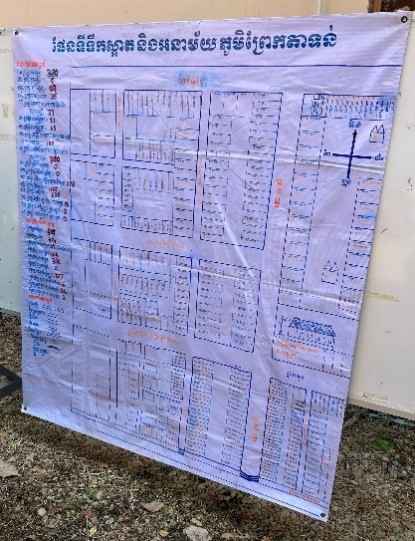
Presentations were in local dialects
The final night was one of accolades, celebrating the 20th anniversary of WaterAid Australia, and the 10th anniversary of WaterAid Cambodia. A bilingual event – in Khmer and English –saw multiple speakers share statistics of WASH covering these time periods. For Jess, one of the stats that stood apart was the fact that the average life expectancy increased from 64 to 71 in recent years, highlighting the importance of WASH in improved health and quality of life. For her, it was an amazing experience: “Talking to the local people and hearing their stories about how WASH has improved their lives for the better was just incredible. It truly highlights all the great work that WaterAid is doing, and I feel very fortunate to have been able to participate in this adventure with WaterAid.”
For more information on WaterAid and its lifechanging work visit: Clean water for mums and babies | WaterAid Australia
